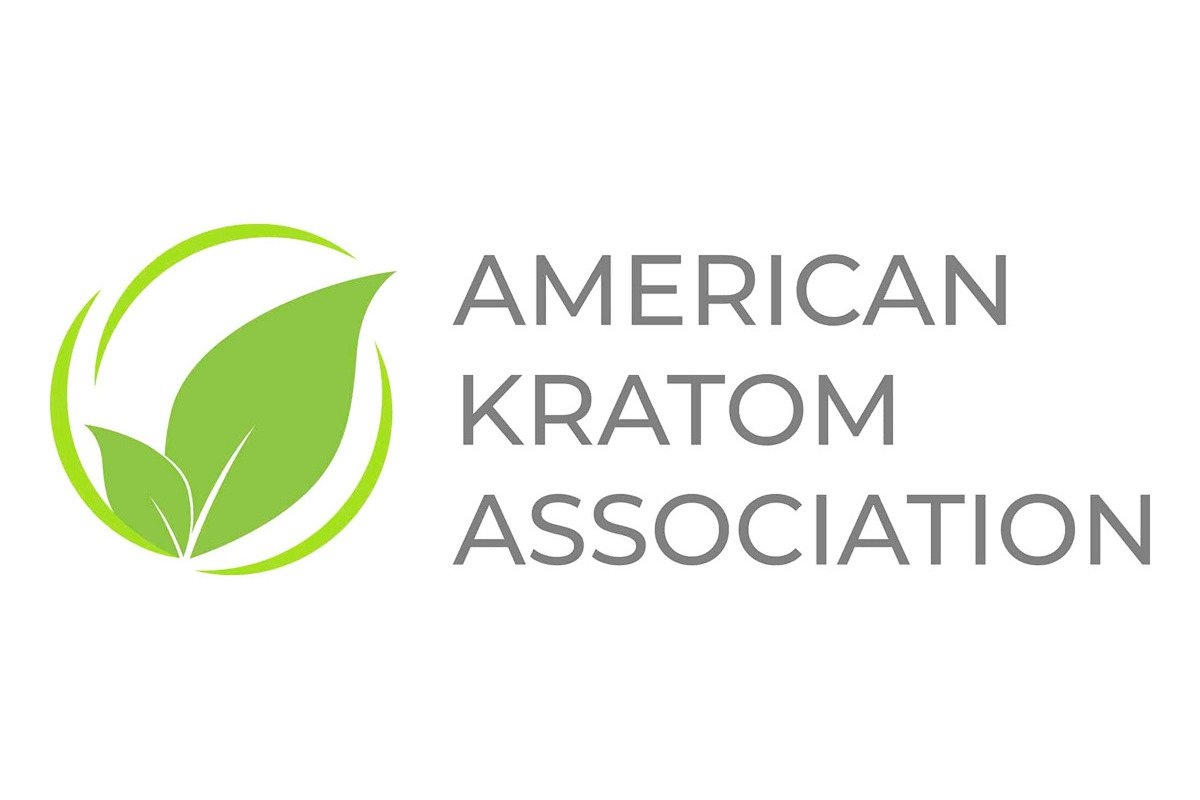Ohio Governor DeWine’s Proposes Misguided Kratom Ban
American Kratom Alliance Calls on Ohio Board of Pharmacy to Oppose Governor’s Misguided Kratom Ban Proposal
![]()
Proposed blanket kratom ban lacks scientific backing and ignores recent FDA findings
August 25, 2025
The American Kratom Alliance (AKA) strongly opposes Ohio Governor DeWine’s recent call for the Ohio Board of Pharmacy to classify all kratom compounds, including natural kratom leaf and its naturally occurring alkaloids, as Schedule I substances. This broad and unwarranted recommendation disregards scientific evidence and threatens to deprive thousands of Ohioans of access to a natural product safely used for centuries in Southeast Asia and widely consumed in the U.S. for decades.

The true risk to public health stems from synthetic and semi-synthetic kratom compounds, such as 7-hydroxymitragynine (7-OH) and mitragynine pseudoindoxyl, which have entered the market without adequate safety testing. These synthetic substances should be banned. However, equating natural kratom with dangerous synthetic opioids is misleading and harms Ohioans who use kratom responsibly as part of their wellness practices.
Key facts to consider:
- In 2018, the U.S. Department of Health and Human Services (HHS), led by Assistant Secretary for Health Dr. Brett Giroir, rejected the FDA’s attempt to schedule natural kratom as a Schedule I substance, citing insufficient evidence and failure to account for public health impacts.
- The National Institute on Drug Abuse (NIDA) acknowledges kratom’s potential as a harm-reduction tool, particularly for individuals managing opioid use disorder.
- Peer-reviewed studies confirm that mitragynine, kratom’s primary alkaloid, does not suppress respiration—a leading cause of opioid-related overdose deaths.
- Claims linking kratom to fatalities often rely on flawed post-mortem analyses that fail to account for polydrug use, adulteration, or improper toxicology methods. The FDA itself has noted that kratom-related deaths are “very rare” and typically involve adulterated products or polydrug use.
- An FDA human safety study concluded that kratom is “well tolerated at all dose levels.”
Governor DeWine’s proposal mistakenly conflates the risks of synthetic compounds with the natural kratom leaf. If implemented, this ban would penalize responsible consumers, fuel an unregulated black market, and stifle opportunities for Ohio farmers and small businesses in a legal kratom industry.
The American Kratom Alliance advocates for a sensible solution: Ohio should prohibit synthetic and semi-synthetic kratom compounds that pose genuine risks while adopting a Kratom Consumer Protection Act to regulate the natural kratom market. Such laws, already in place in 13 states, ensure consumer safety through measures like age restrictions, clear product labeling, and bans on adulterated or synthetic products.
The American Kratom Alliance urges the Ohio Board of Pharmacy to reject this overreaching proposal, prioritize science-based policy, and protect Ohio consumers by distinguishing between natural kratom and hazardous synthetic compounds.
About American Kratom Alliance (AKA)
The American Kratom Alliance (AKA) is a nonprofit organization dedicated to advancing science-based kratom policy and protecting the rights of millions of Americans to access safe, natural kratom. For more information, visit americankratom.org or kratomanswers.org.
Media Contact
Mac Haddow
press@americankratom.org
Leave a Reply
Want to join the discussion?Feel free to contribute!